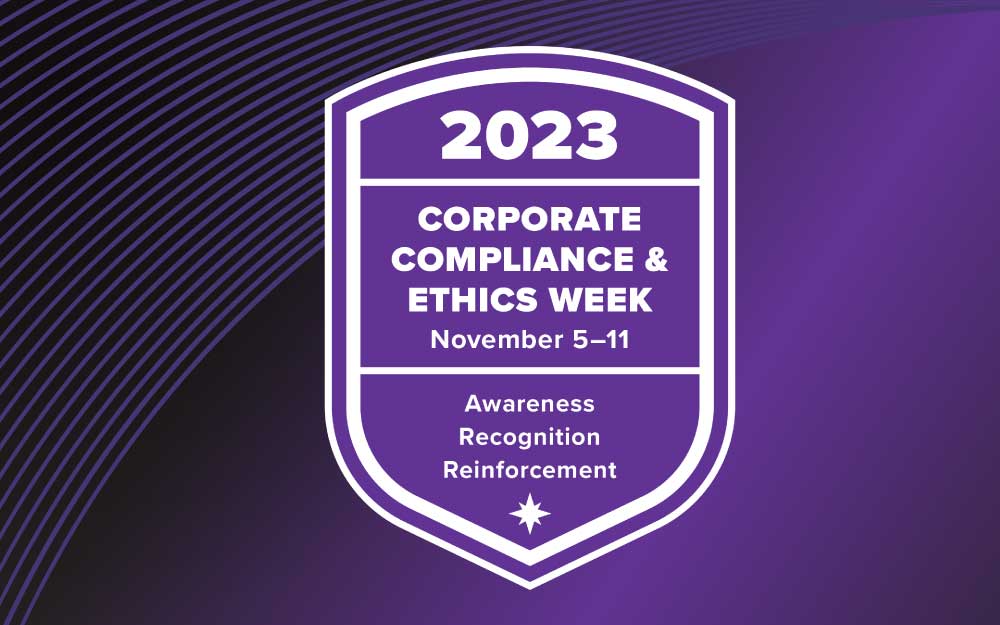
System Compliance team initiates new, system-wide legislative review, tracking process
04/20/22 05:35:pm~ By Colleen Kelly, executive director, Compliance

Utilizing a third-party advanced research and tracking platform, this new process allows our team to regularly monitor and review new and changing state and federal legislation and regulations to determine applicability and impact on Rogers.
As a result, a variety of actions may be warranted from changes in policies to informational updates for affected departments, to large-scale system-wide initiatives that will follow the compliance implementation process as shared in our February Insight article.
Learn about some of the recent legislative and regulatory changes the team is working to execute at Rogers.
Cures Act
In 2020, the National Coordinator for Health Information Technology (O.N.C.) published the 21st Century Cures Act. This new legislation addresses interoperability, information blocking, and healthcare consumer access to electronic health information. The rule prohibits healthcare organizations from engaging in practices that are likely to prevent, interfere with, or discourage access to, use of, or exchange of electronic health information, commonly known as ePHI. The requirements of the Cures Act are divided into two compliance dates: April 5, 2021, which centered on patient portal implementations and electronic access to the medical record, and October 6, 2022, which focuses on health information exchange (HIE), more specifically an organization’s ability to send and receive records electronically via HIE platforms. To ensure compliance with these requirements, System Compliance is actively partnering with Clinical Technology Services and Revenue Cycle, as well as the compliance team that supports patient care. For specific questions regarding compliance with the Cures Act, please contact compliance analyst Lisa Norris at Lisa.Norris@rogersbh.org.
Wisconsin Act 209
On March 23, 2022, Wisconsin Gov. Tony Evers signed into law Wisconsin Act 209, which makes threatening a healthcare worker a felony. This new law makes it a felony punishable by up to six years in prison to commit battery against or threaten a healthcare provider or staff member of a healthcare facility or their families in reaction to something that happened at the facility. The legislation was drafted in response to stories from healthcare providers about patients threatening doctors and others who were trying to care for them. Under prior state law, it was a felony to commit battery against a nurse, an emergency medical care provider, or a person working in an emergency department. For specific questions about Wisconsin Act 209, please contact compliance analyst Tracy Smith at Tracy.Smith@rogersbh.org.



